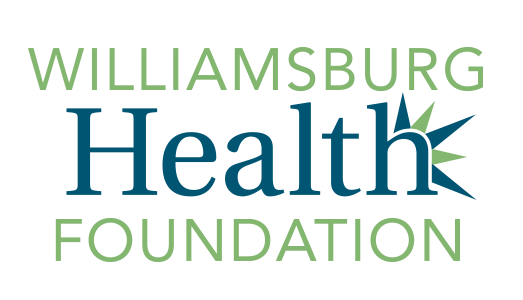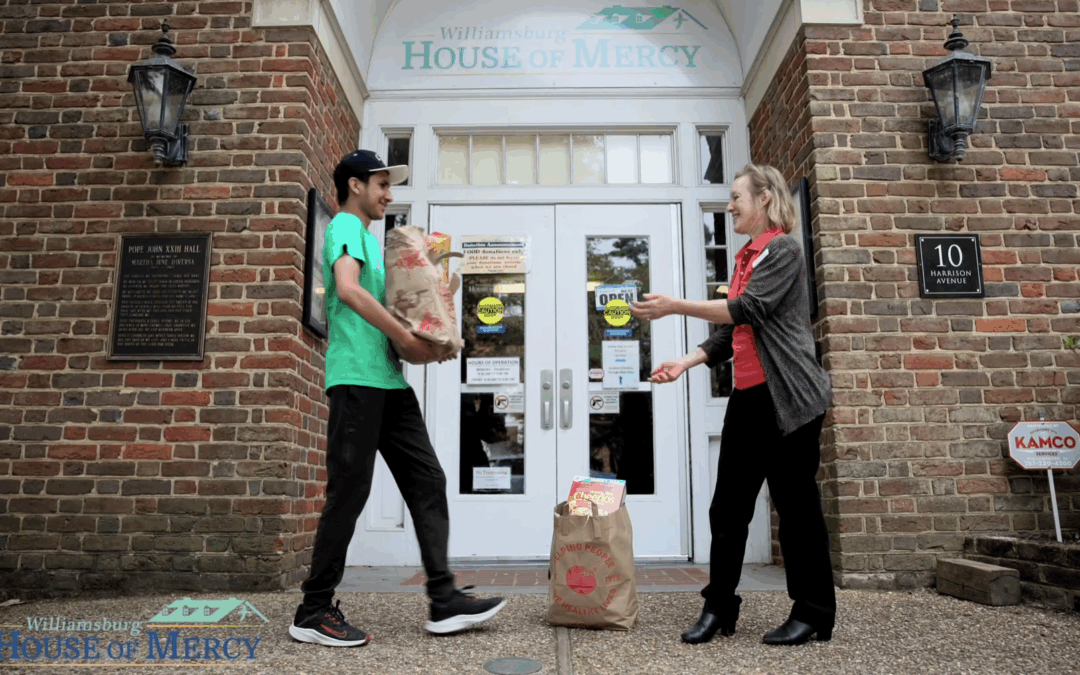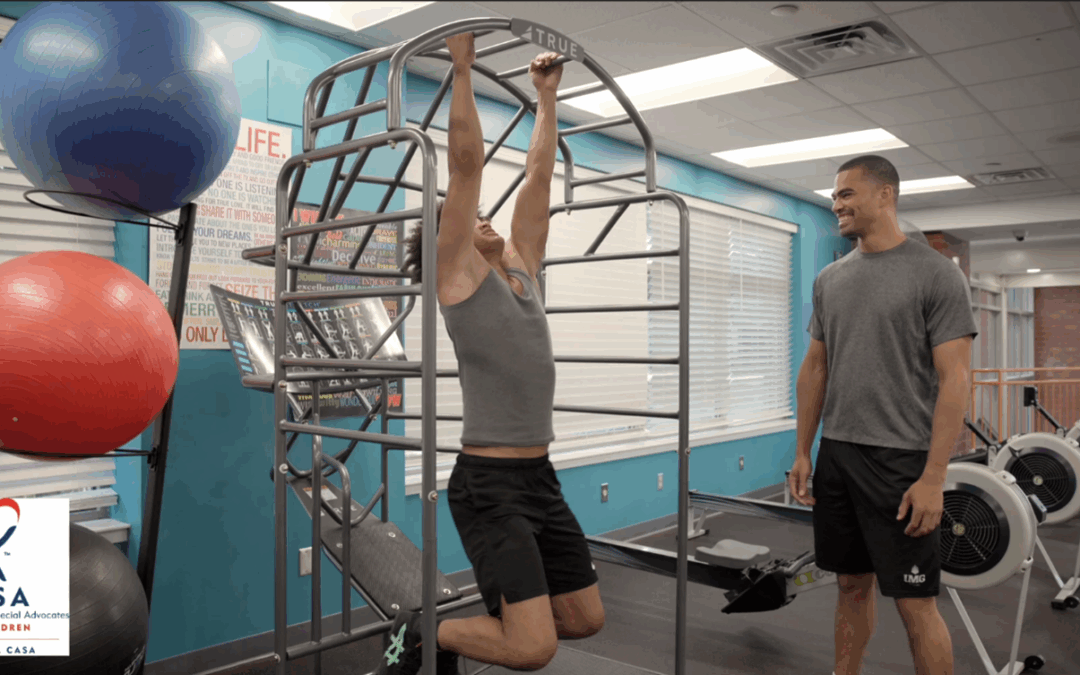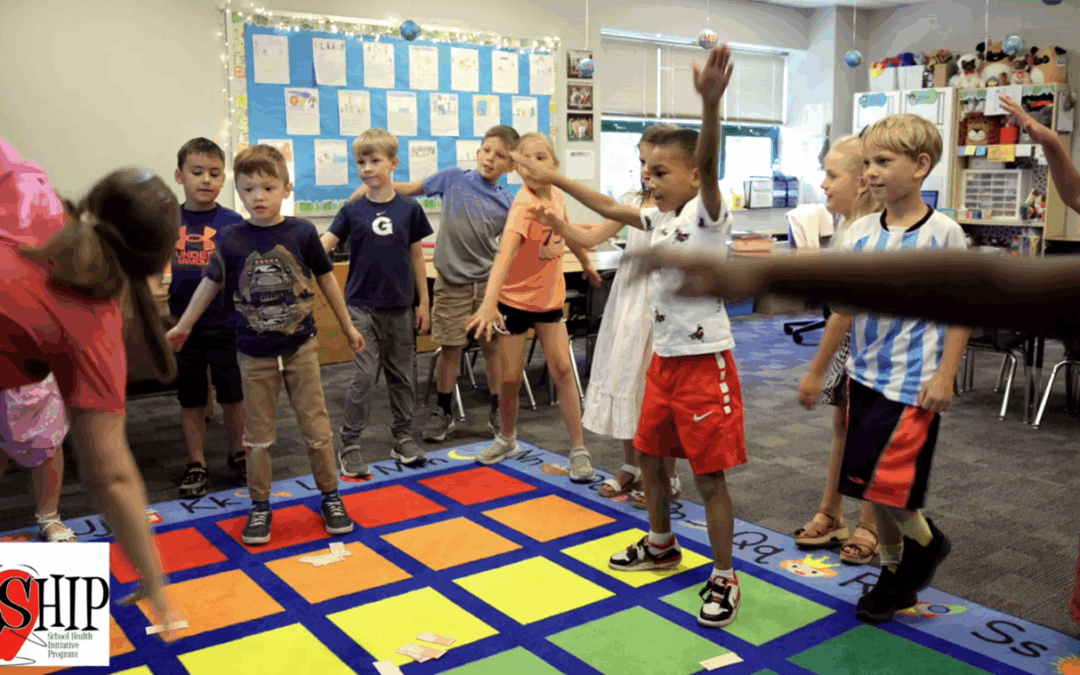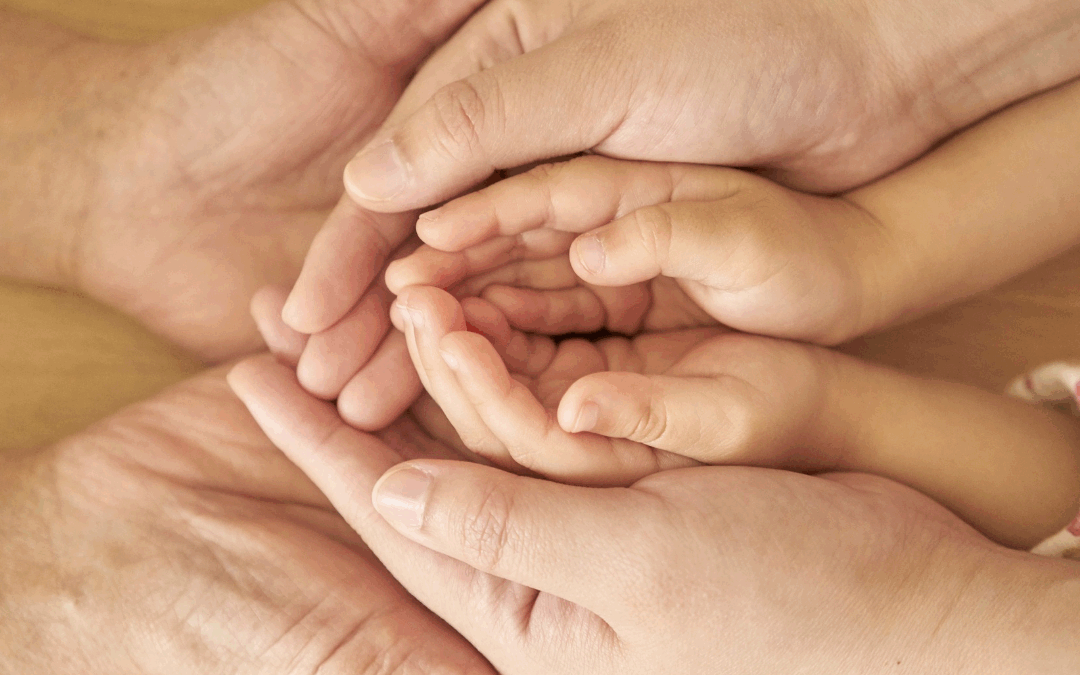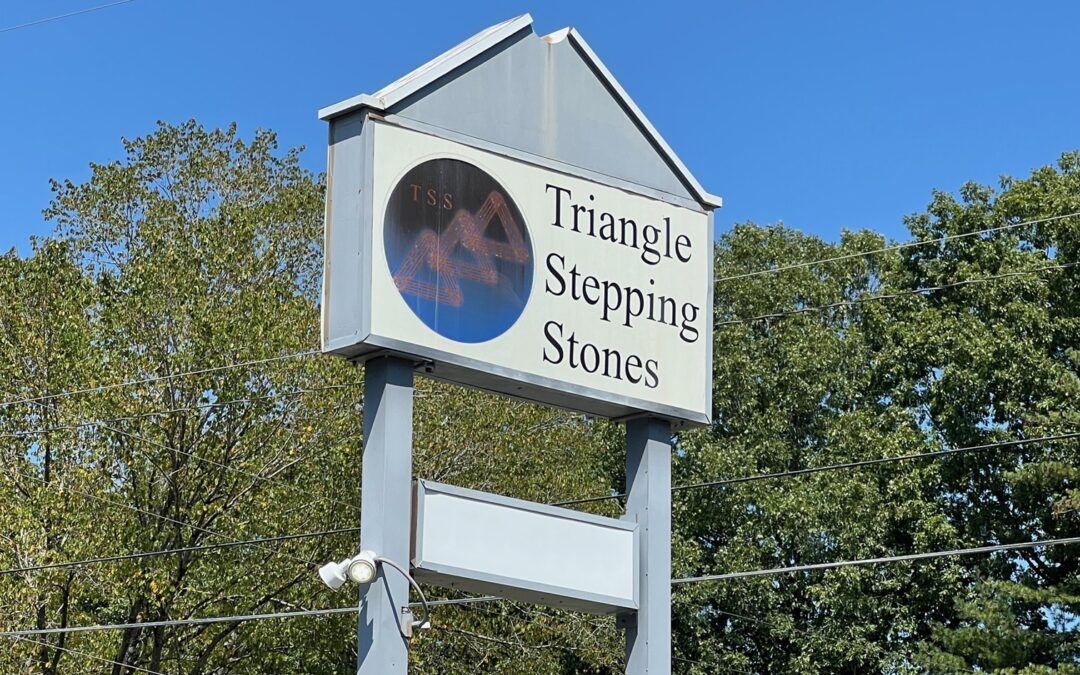
Grantee Spotlight: Triangle Stepping Stones
Grantee Spotlight: Triangle Stepping Stones
By: WHF Staff
Tucked off the intersection of Route 199 and Jamestown Road in Williamsburg, Triangle Stepping Stones offers a welcoming space for 12-Step recovery groups to gather. Nearly 25 meetings are hosted in their facility each week to address a range of recovery needs across the community. For individuals seeking support throughout their recovery journeys, this space serves as a refuge and a place to gather, where one can find connection and hope as they share their experiences and heal alongside others facing similar challenges.
Substance Use Disorders are characterized by impairment (including health, functional, and/or social issues) caused by repeated use of alcohol or other drugs. A 2023 report from the Substance Abuse and Mental Health Services Administration found that 19.1% of Americans aged 12+ met the criteria for needing treatment within the previous year. Local concerns mirror these trends. Residents from Williamsburg, James City County, and York County identified alcohol addiction and illicit drug use as the primary community health concern for adults in the Hampton and Peninsula Health Department’s 2025 Community Health Needs Assessment. These findings highlight the importance of maintaining accessible, community-based recovery supports.
Ensuring Accessible Recovery Support
Evidence reveals that Alcoholics Anonymous provides effective recovery support, performing as well as clinical treatment in the short term and often leading to better long-term outcomes. For those benefits to reach everyone who seeks support, people need to be able to enter and move through the space with ease. Triangle Stepping Stones recently purchased the building they had been renting since 2012. After the purchase, their board determined that upgrades were needed to meet Americans with Disabilities Act standards. Many attendees rely on mobility aids such as walkers or wheelchairs, so planned renovations include an entrance ramp, widened doorways, a fully accessible restroom, and paved parking lots for safer access. Improving physical accessibility strengthens the reach of recovery support and reduces barriers for community members who rely on peer-based programs.
Williamsburg Health Foundation (WHF) Support
The aim of Triangle Stepping Stones to provide a safe space for 12-Step groups to hold healing and supportive meetings for individuals seeking help with recovery aligns with WHF’s strategic focus. Their work contributes to the Foundation’s efforts to increase access to care and supportive services. The Foundation has contributed to Triangle Stepping Stones’ mission through two grants totaling $86,960 since 2025. To learn more about Triangle Stepping Stones, please visit their website https://trianglesteppingstones.com/.
WHF is an independent private health foundation with the mission to enhance health in Greater Williamsburg. The Foundation was established in September 1996 when the Williamsburg Community Hospital and Sentara developed an affiliation agreement and later merged. This agreement included a provision for a new, locally organized, and managed Foundation to benefit community health. Since inception, WHF has awarded over $119 million in grants to improve community health and well-being.
